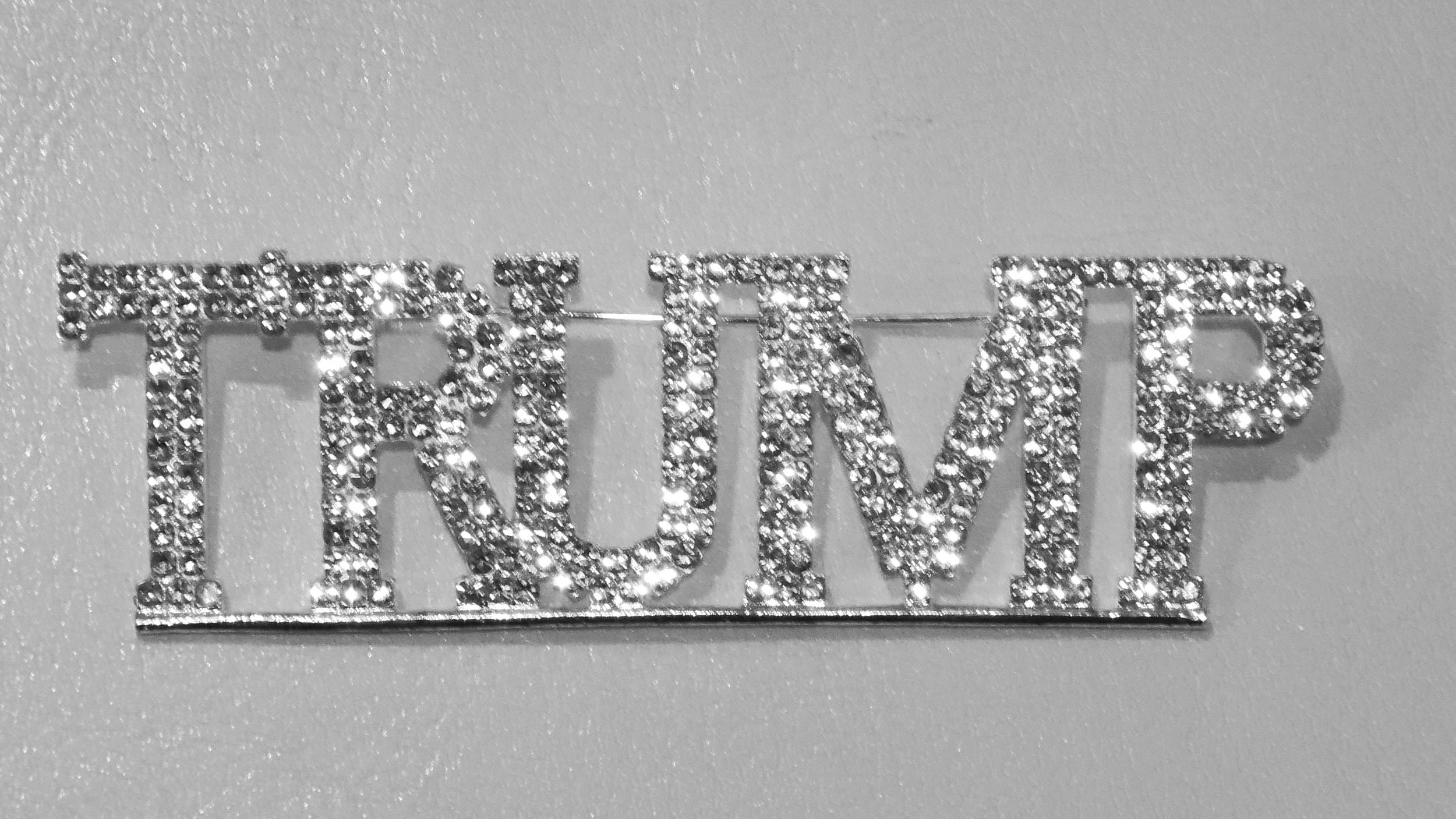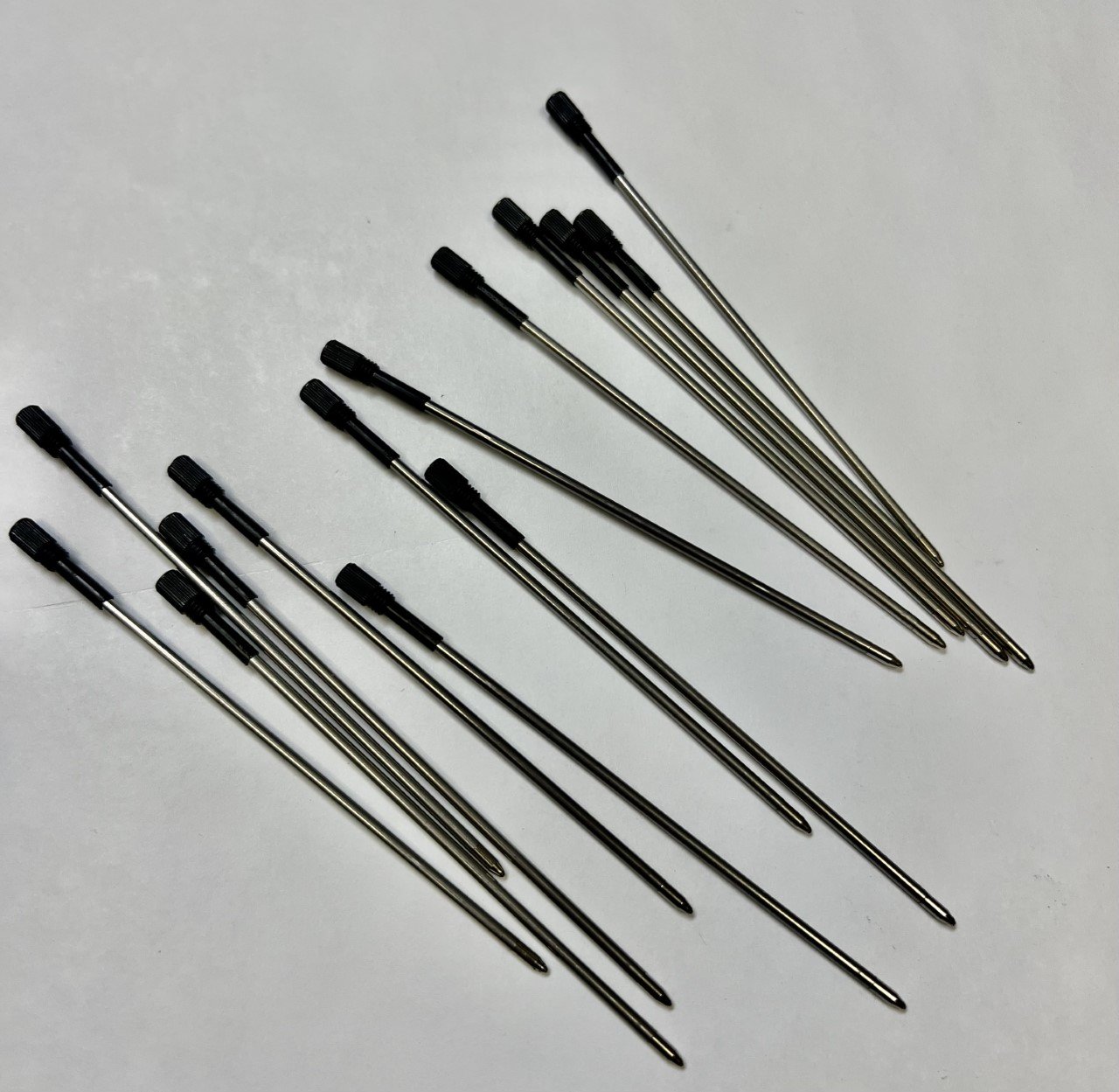What’s Next as China Turns Up the Heat With an 84% Tariff on U.S. Goods?
By The Blog Source
President Trump's aggressive tariff campaign, which aims to pressure China for failing to stop the flow of fentanyl into the United States, prompted Beijing to declare an 84% tariff on American products early Wednesday, further intensifying the trade battle between the United States and China.
American farmers are predicted to be the most affected by the new Chinese tariff. A significant portion of the $145 billion in goods that the United States sells to China each year comes from agriculture, especially oilseeds and grains. Once again bearing the brunt of Beijing's retribution, many rural towns that supported Trump's election in 2016 and 2020 are now at the forefront of a global economic conflict.
The main agricultural exports from the United States, including grains and oilseeds, are subject to China's 84% tariff. The action comes after Trump sharply increased tariffs due to China's involvement in the trafficking of fentanyl. Following the news, Treasury yields surged, oil fell 6%, and U.S. stock futures fell 1.5%.
President Trump imposed a 10% tax on Chinese goods, citing economic justice and national security worries about fentanyl, which sparked the trade spat. Later, the duty went up to 20%, then to 34%, and most recently, Trump doubled down with a huge 50% extra, resulting in a cumulative tariff rate of 104% on Chinese goods.
The markets reacted quickly. After Beijing's announcement, U.S. stock futures, which had been stable in the morning, fell precipitously, losing about 1.5% by 7:30 a.m. ET. As concerns about slowing global commerce grew, oil prices continued to decline, falling another 6% to about $56 a barrel. As a sign of mounting anxiety on Wall Street, U.S. Treasury bonds, which are usually a refuge for nervous investors, also declined, with rates rising 13 basis points to 4.39%.
Trump's backers argue that the harsh attitude is long overdue and required to defend American businesses and fight back against China's historic economic aggression, while detractors say the tariffs could result in increased costs and trade disruptions. The administration claims that the tariffs are only the beginning of holding the government responsible, pointing out that Beijing has consistently failed to control its borders when it comes to illegal drug exports.
This most recent round of tit-for-tat tariffs may be the start of a larger, high-stakes economic battle between the two biggest countries in the world, since tensions are increasing and neither side is showing any signs of compromising.
To join the Diamond and Silk Monthly Supporter Program, visit http://SupportDiamondandSilk.com.
Lindell TV, VOCL, ChatDit, Rumble, TruthSocial, and Diamond and Silk Media are all excellent ways to stay connected with Diamond and Silk.









































